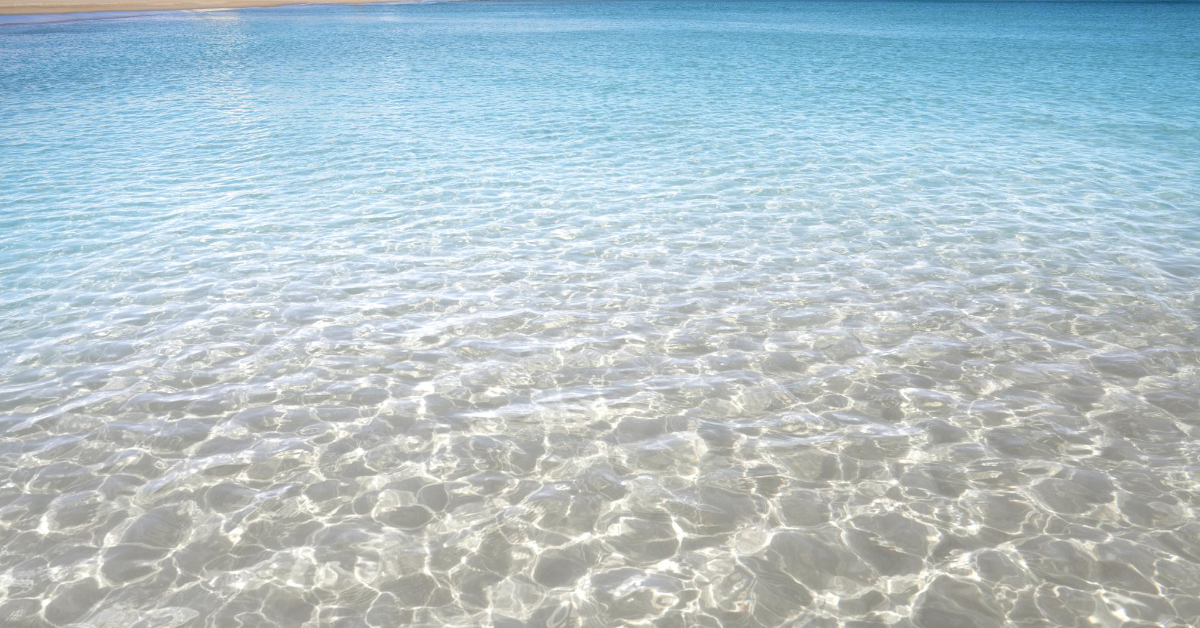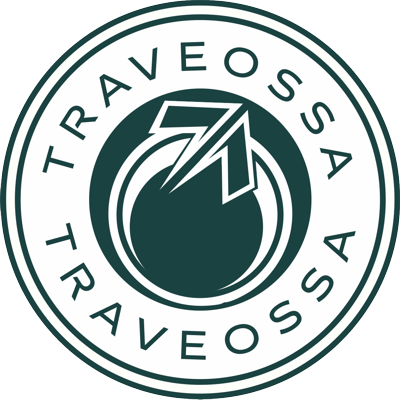Why are more and more foreign investors choosing Mendoza’s land?
Why are more and more foreign investors choosing Mendoza’s land?
Mendoza has been chosen for decades by foreigners as a destination for winery investments. Indeed, many of the great wines produced in the region are owned by Germans, French, and Americans, among others.

Why do they choose Mendoza and what is its climate like?
At the foot of the majestic Andes mountain range, it has established itself as one of the most outstanding wine regions in the world.
Its unique combination of a dry climate, wide temperature variations, ideal soils, and over 300 days of sunshine per year creates exceptional conditions for grape cultivation. This privileged land not only produces high-quality wines, such as the renowned Malbec, but also offers very attractive investment opportunities for foreigners.

Where are its main investors from and why is it a key point for investment?
Many international investors, especially from the United States, Europe, and Brazil, choose Mendoza not only for the profitability of the wine business but also for the lifestyle it offers.
Its nature, tranquility, good gastronomy, and growing tourism infrastructure add competitive value to the land, which, compared to other wine regions in the world (such as Napa Valley or Tuscany), is more accessible.
Additionally, the international prestige of Mendoza wines drives exports and creates long-term commercial partnerships. This turns Mendoza into a great strategic opportunity for those looking to invest their capital in a product with history, quality, and global reach.
Key characteristics of its soil
Mendoza has consolidated itself as one of the most important wine regions in the world, and the secret of its success lies in its soil.
The unique combination of soils, climate, and tradition. Mendoza’s soil, in particular, plays a key role in the quality and character of its wines and is one of the main factors attracting domestic and international investments to the winery industry.
The soils are predominantly alluvial, formed by sediments carried by the rivers from the Andes mountain range. These soils have a sandy-loam texture. The presence of shallow and rocky soils forces vine roots to seek water and nutrients in depth, which limits the plant’s vigor and promotes the concentration of phenolic compounds in the grapes, essential for wine quality.
Furthermore, these soils vary in pH, organic matter content, and nitrogen, which influences the vegetative and reproductive expression of the vines. For example, studies have shown that vineyards on shallower soils produce wines with higher antioxidant capacity and unique sensory profiles, while deeper soils tend to favor higher yields and later ripening of the grapes.

Climate and water management
Mendoza’s climate is semi-arid, with very little rainfall and high solar exposure. This condition reduces the risk of fungal diseases and allows precise irrigation control, as the water comes mainly from Andean snowmelt and is distributed through advanced irrigation systems.
Viticulturists can thus manage plant water stress, enhancing the concentration of sugars and aromatic compounds in the grapes. Additionally, the diversity of microclimates allows adapting grape varieties to the optimal conditions of each area, creating a wide palette of wine styles and profiles.
Sector growth and investment appeal
The winery sector in Mendoza has experienced sustained growth, driven not only by the quality of its wines but also by the rise of wine tourism. Between 2018 and 2024, the number of wineries open to tourism grew by 57.5%, reaching 230, and tourist flow increased by 37%, generating $56 million in revenue in the last year.
Thus, Mendoza’s soil, with its diversity and capacity to influence the quality and character of wines, along with an ideal climate and developed infrastructure, has turned Mendoza into a privileged destination for vine cultivation and winery investment.
The combination of climates, innovation, and business opportunities ensures that Mendoza’s wine sector continues to grow and attract more and more investors, both local and international.
Investment cost for a mini winery in Mendoza

The investment cost for a mini winery or boutique winery in Mendoza varies according to size, location, and level of equipment.
According to recent estimates, the initial investment range for a small project is between 1.8 and 13.5 million dollars, including land acquisition, vineyard planting, winery construction, equipment, licenses, staffing, and marketing.
For a mini winery, the cost can be lower if the scale is adjusted, but it will hardly drop below one million dollars for a project that includes its own vineyard and quality wine production.
Land acquisition: between 500,000 and 5,000,000 USD, depending on location and acreage.
Vineyard planting: between 20,000 and 50,000 USD per acre (1 acre ≈ 0.4 hectares).
Winery construction and equipment: between 1,000,000 and 5,000,000 USD.
Licenses, permits, and marketing: from 55,000 USD onward.
How many hectares should you start with?
Boutique wineries usually operate on small plots. In Mendoza, a winery with less than 85 hectares of vineyard is considered boutique, although many start with much smaller plots, from 5 to 10 hectares.
For an initial venture, an area of 5 to 10 hectares is enough to produce a limited volume but of high quality, allowing control of the process and differentiating the product in the market.
Wine process: from grape to market
The wine production and commercialization process in a mini winery follows these main steps:
1. Harvest and reception: grapes are harvested manually or with machines, sorted, and transported to the winery.

2. Destemming and crushing: the grapes are separated from the stems (the woody part of the cluster) and crushed to release the must.

3. Fermentation and maceration: the must is placed in stainless steel, concrete, or plastic tanks. For red wines, fermentation is carried out with the skins and seeds to extract color and tannins. In white wines, only the must is fermented.

4. Racking and pressing: the wine is separated from the pomace (solid remains). The pomace is pressed to extract press wine.

5. Clarification, stabilization, and filtration: the young wine is clarified, stabilized, and filtered to remove impurities before storage or bottling.

6. Aging: some wines are transferred to oak barrels for aging and refinement. Others are bottled directly.

7. Bottling and labeling: the wine is bottled, labeled, and stored for subsequent sale.

8. Commercialization: sales can be direct at the winery, in specialized stores, restaurants, or through export. Boutique wineries usually focus on premium markets and selective exports.

Future profits
Profits depend on positioning, quality, and commercial strategy. Boutique wineries tend to sell at higher prices due to their artisanal and limited nature, but the first years are usually for investment recovery, as vines take at least 3 years to produce quality grapes and wine requires time for production and aging.
Once production is stabilized, profitability can be significant if the wine is positioned in premium markets, with margins higher than those of industrial wineries.
Celebrities who use winemaking as an investment
Mendoza has become the chosen destination for numerous national and international celebrities to venture into the world of wine.
Among Argentines are standout names like Lionel Messi, who launched his “Leo” line with Bianchi winery; Marcelo Tinelli with his Lorenzo de Agrelo project; Gustavo Santaolalla, owner of the Cielo y Tierra winery in Lunlunta; and Fabricio Oberto, who produces wines in Luján de Cuyo.
Internationally, cardiologist Madaiah Revanna founded Corazón del Sol, and figures like Ricardo Arjona have invested in Mendoza vineyards.
Also, international artists who have visited Mendoza wineries include American blues musician Lorenzo Thompson, who has participated in events like Wine Rock in Luján de Cuyo, where music and wine merge into unique experiences.
Main real estate agencies and companies offering winery advisory services in Mendoza

If you are a foreigner and are interested in investing in wine, land, or wineries in Mendoza, it is essential to have specialized advisory services that understand both the local market and legal and tax requirements for foreigners.
Mendoza is one of the most important wine regions in Argentina and there are real estate agencies and companies that offer comprehensive services for international investors.
Here are some of the best options that can accompany you throughout the process, from the search to the purchase and the legal management of your investment:
MGNI (M. Götz Negocios Inmobiliarios)
MGNI stands out for its comprehensive approach and experience advising foreigners on purchasing properties in Argentina, including vineyards and rural lands.
Their team not only facilitates property search but also coordinates lawyers, notaries, accountants, and structural engineers, covering all legal and technical aspects.
The firm has a long history and relationships with registered professionals in Mendoza, ensuring personalized and secure support for investments in wineries or wine lands. It is an ideal option if you are looking for a turnkey service and a reliable network of contacts.
Bridge Inmobiliaria
Bridge Inmobiliaria offers specialized attention to foreign investors and has a team of professionals that guides you through every step of the buying process in Mendoza.
They stand out for their knowledge of the local market and their ability to advise on investment opportunities in rural and urban properties, including vineyards and wineries.
They also provide clear information on regulations and documentation necessary for foreigners, facilitating a transparent and efficient buying experience.
Wines Real Estate
Wines Real Estate is specifically focused on wine investments and real estate projects related to the world of wine in Mendoza.
Their proposition is ideal for those looking to invest in wineries, vineyards, or wine-related tourist developments.
They offer services in English and Spanish and are accustomed to working with international investors, which speeds up communication and procedures. Their specialization in the wine sector sets them apart from other general real estate agencies.
Pérez Elustondo Real Estate
Pérez Elustondo Real Estate is an agency with an excellent reputation in Mendoza and experience in operations with foreign investors. They stand out for their personalized approach, attention to detail, and support throughout the purchasing process, from search to deed registration.
Although they work with all types of properties, their knowledge of the local market and orientation towards international clients makes them a reliable option for those looking to invest in land or wineries.
Starting a mini winery in Mendoza requires a considerable investment, an initial area of 5 to 10 hectares, and a focus on quality and differentiation.
The process, from grape to market, is artisanal and controlled, and future profits depend on the positioning achieved and management efficiency. Without a doubt, it is one of the best investments that is currently trending both in commercialization and tourism.

#Mendoza #AndesMountainRange #Malbec #NapaValley #MGNI #BridgeInmobiliaria #WinesRealEstate #PerezElustondo #Traveossa
Regards,
María Eugenia
_____________
This article was written by María Eugenia for Traveossa. All rights reserved.
Visit her Instagram: @denmoza.ecolodge.
Do not copy or publish on other platforms without prior written permission.


